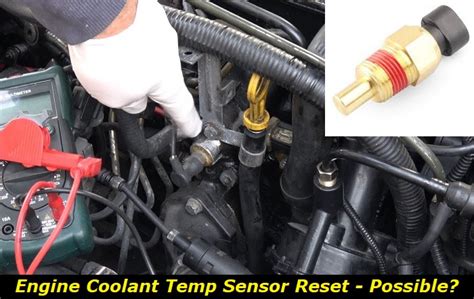How To Lower Coolant Temp
Ronan Farrow
Apr 01, 2025 · 3 min read

Table of Contents
How to Lower Coolant Temperature: A Comprehensive Guide
Maintaining the optimal coolant temperature in your vehicle is crucial for engine performance and longevity. A consistently high coolant temperature can lead to overheating, potentially causing significant and costly damage. This guide explores various methods to lower your coolant temperature, focusing on preventative measures and troubleshooting solutions.
Understanding Your Cooling System
Before diving into solutions, it's essential to understand how your vehicle's cooling system works. The system's primary function is to regulate engine temperature by dissipating excess heat. Key components include:
- Coolant (Antifreeze): A mixture of water and antifreeze that absorbs and transfers heat.
- Radiator: A heat exchanger that cools the coolant using airflow.
- Water Pump: Circulates the coolant throughout the engine and radiator.
- Thermostat: Regulates coolant flow to maintain optimal temperature.
- Fan: Assists in cooling the radiator, especially at low speeds or during idling.
Preventative Measures to Keep Coolant Temperature Low
The best approach to managing coolant temperature is through preventative maintenance. These measures can significantly reduce the likelihood of overheating:
1. Regular Coolant Flushes and Changes
Over time, coolant degrades, losing its ability to effectively transfer heat. Regular coolant flushes and changes, typically every 2-3 years or according to your manufacturer's recommendations, are crucial. This ensures your system is operating with fresh, efficient coolant.
2. Inspect and Maintain Your Radiator
A clogged or damaged radiator severely impairs its cooling capacity. Regularly inspect your radiator for leaks, debris, or corrosion. Clean the radiator fins carefully to maintain optimal airflow.
3. Check and Replace Your Thermostat
A malfunctioning thermostat can prevent proper coolant flow, leading to overheating. Ensure your thermostat opens and closes correctly at the appropriate temperature. Consider replacing it if you suspect it's malfunctioning.
4. Keep Your Cooling System Clean
A clean cooling system operates more efficiently. Ensure all components are free from debris and corrosion. Regular inspections and cleaning will help prevent build-up that hinders cooling performance.
5. Proper Airflow Around Radiator
Sufficient airflow is critical for effective radiator cooling. Keep the area around your radiator free from obstructions. Blocked airflow significantly reduces the radiator's cooling capacity.
Troubleshooting High Coolant Temperatures
If your coolant temperature is consistently high, despite preventative measures, investigate the following:
1. Low Coolant Levels
Check your coolant reservoir regularly. Low coolant levels indicate a leak somewhere in the system. Locate and repair the leak promptly.
2. Water Pump Issues
A faulty water pump fails to circulate coolant efficiently, resulting in overheating. Listen for unusual noises from the water pump, such as whining or grinding. Replacement is needed if problems are found.
3. Faulty Fan Clutch or Fan Motor
The cooling fan is crucial, especially at low speeds. Ensure the fan is working correctly and engaging when needed. A malfunctioning fan clutch or fan motor requires repair or replacement.
When to Seek Professional Help
If you've tried the above steps and your coolant temperature remains high, it's best to consult a qualified mechanic. They have the tools and expertise to diagnose more complex issues that might require specialized repair.
By implementing these preventative measures and troubleshooting steps, you can significantly improve your vehicle's cooling system efficiency and avoid costly repairs associated with overheating. Remember, regular maintenance is key to maintaining optimal coolant temperature and maximizing your vehicle's lifespan.
Featured Posts
Also read the following articles
| Article Title | Date |
|---|---|
| How To Hit A Weed Cart | Apr 01, 2025 |
| How To Help A Grieving Friend Long Distance | Apr 01, 2025 |
| How To Keep Birds From Nesting In Potted Plants | Apr 01, 2025 |
| How To Make Coyote Bait | Apr 01, 2025 |
| How To Make Egg Carton Fire Starters | Apr 01, 2025 |
Latest Posts
-
How Does A Crown Look On A Tooth
Apr 04, 2025
-
How Does A Chamber Sealer Work
Apr 04, 2025
-
How Does A Break Barrel Air Rifle Work
Apr 04, 2025
-
How Does A Boiler Work Diagram
Apr 04, 2025
-
How Does A Bee Get To School 3 3 Puzzle Time
Apr 04, 2025
Thank you for visiting our website which covers about How To Lower Coolant Temp . We hope the information provided has been useful to you. Feel free to contact us if you have any questions or need further assistance. See you next time and don't miss to bookmark.
